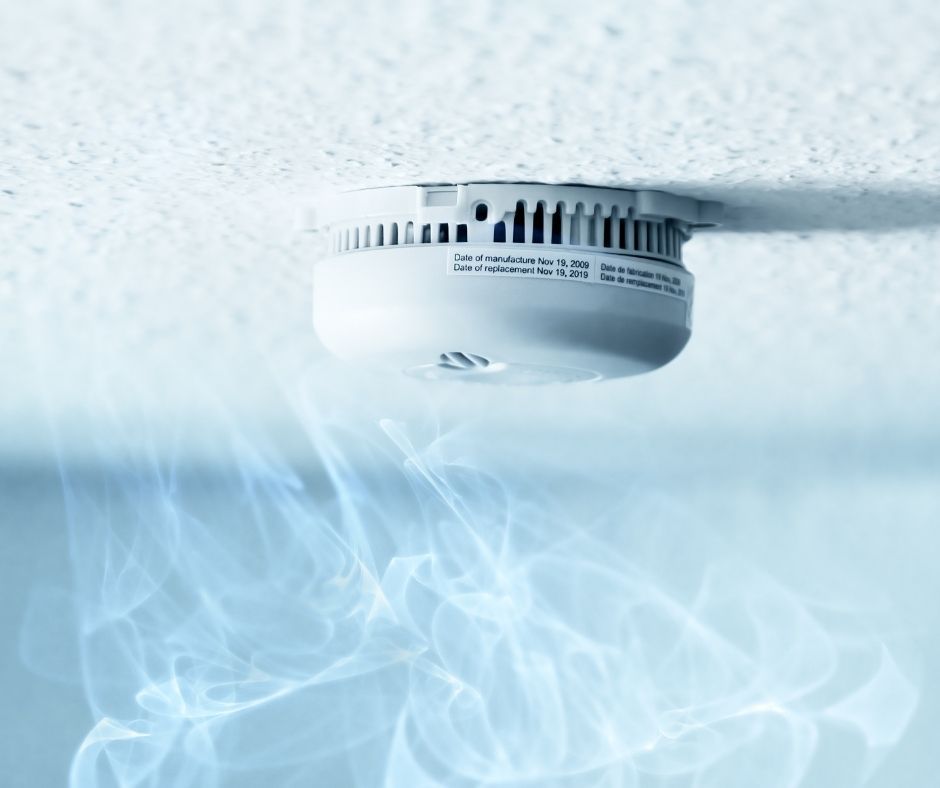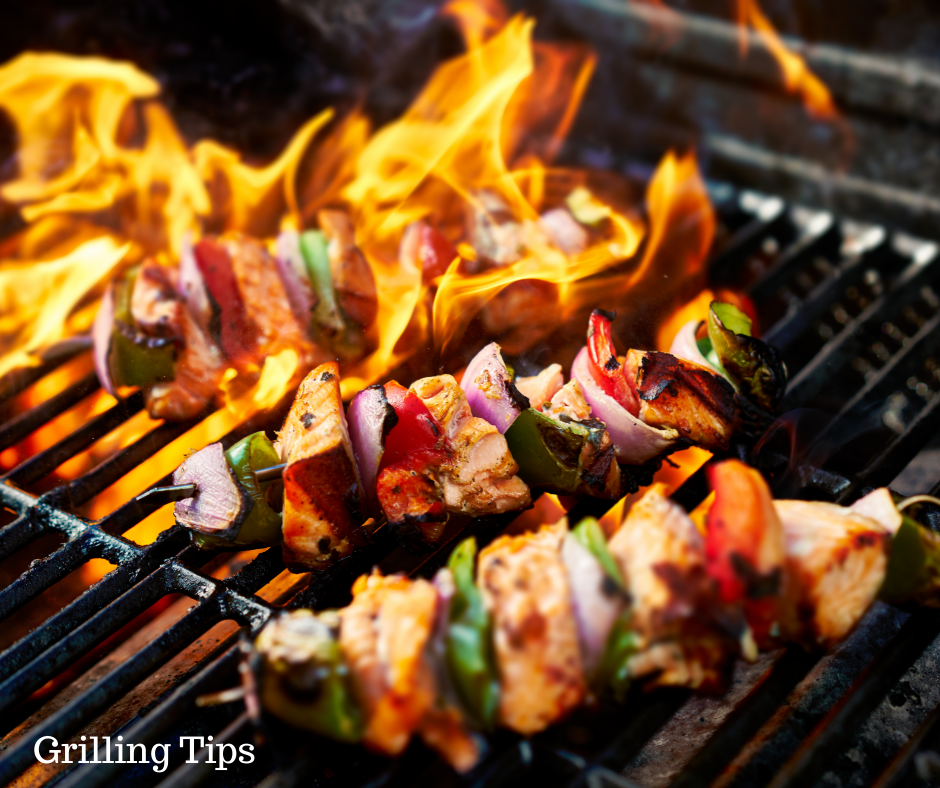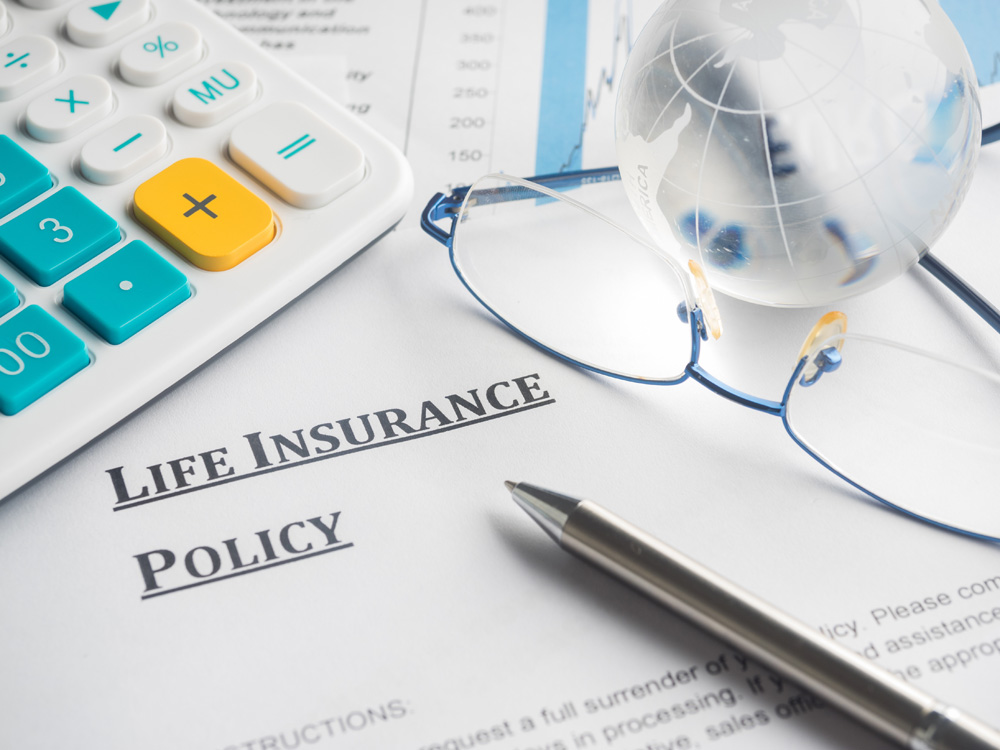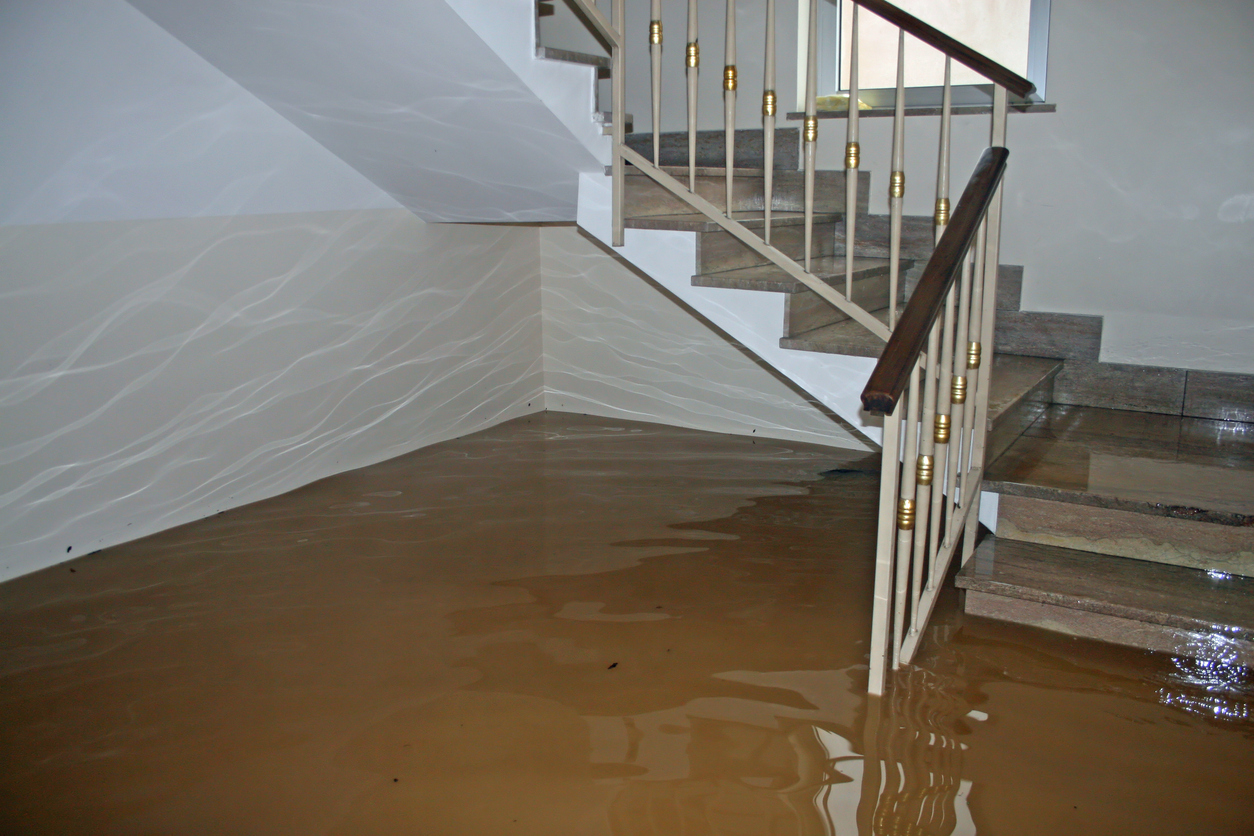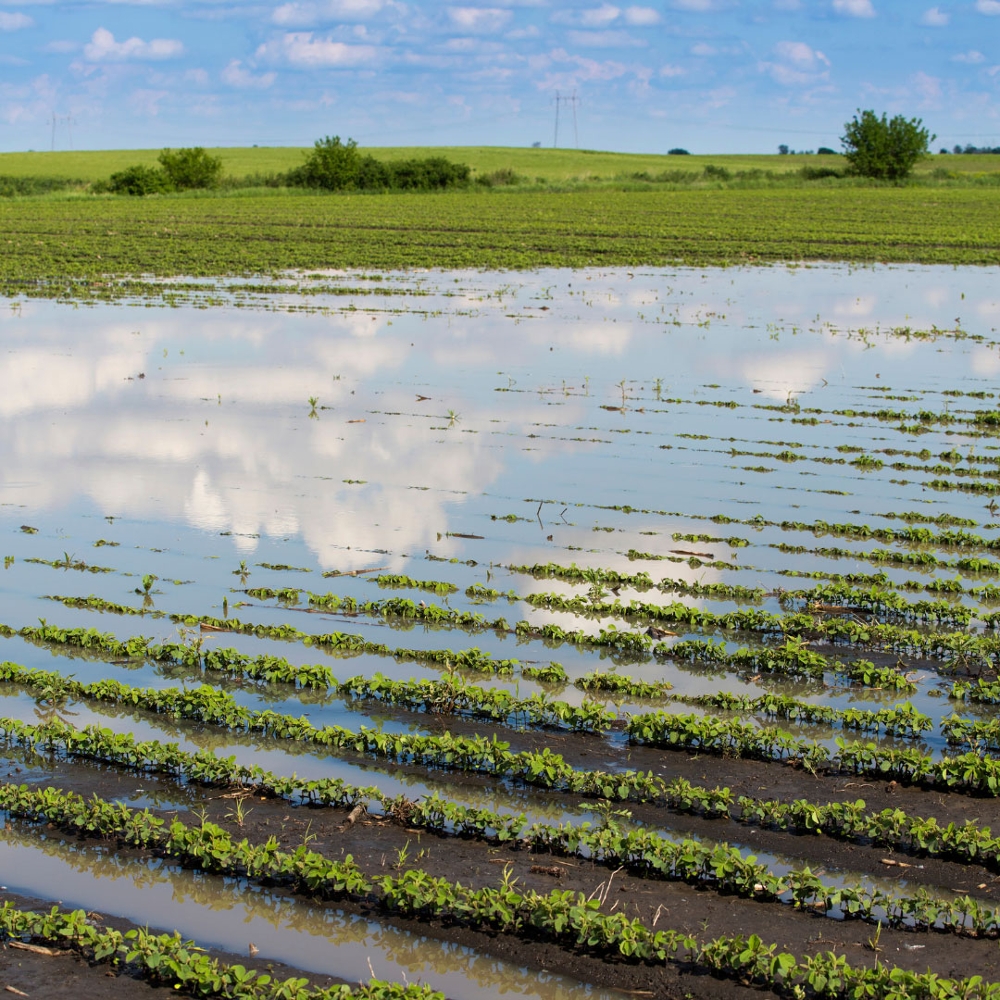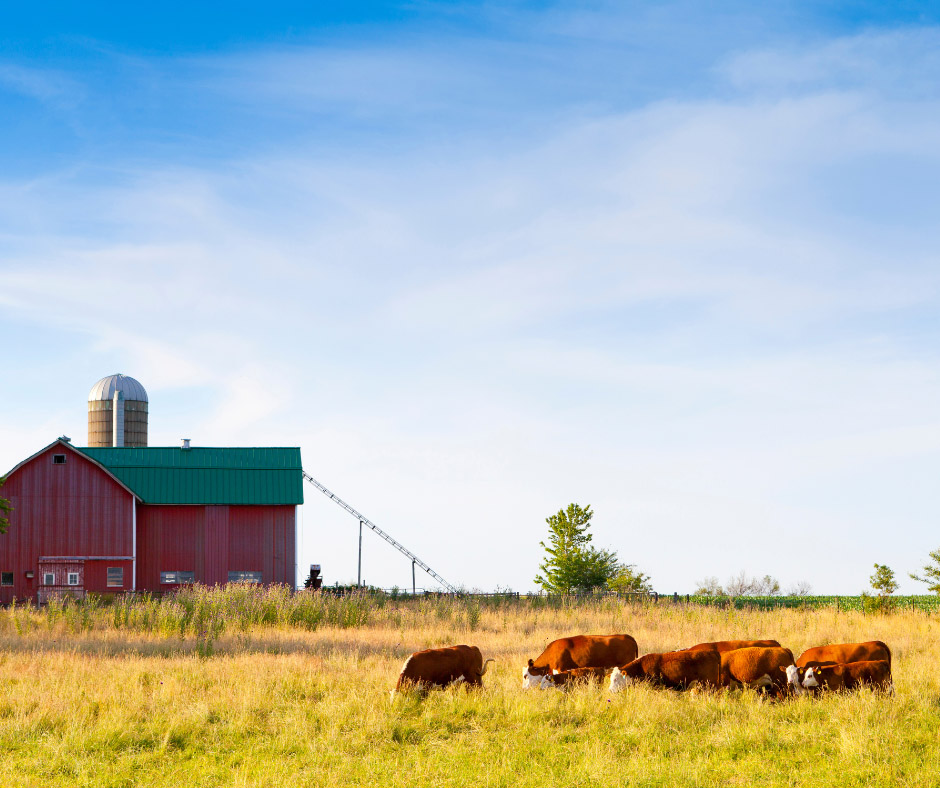
Summer on the Farm: Insurance That Grows with the Heat
Summer on the farm brings a rush of life and energy—from seedlings
sprouting to livestock grazing under the sun. But it also brings
vulnerability.
Read
more
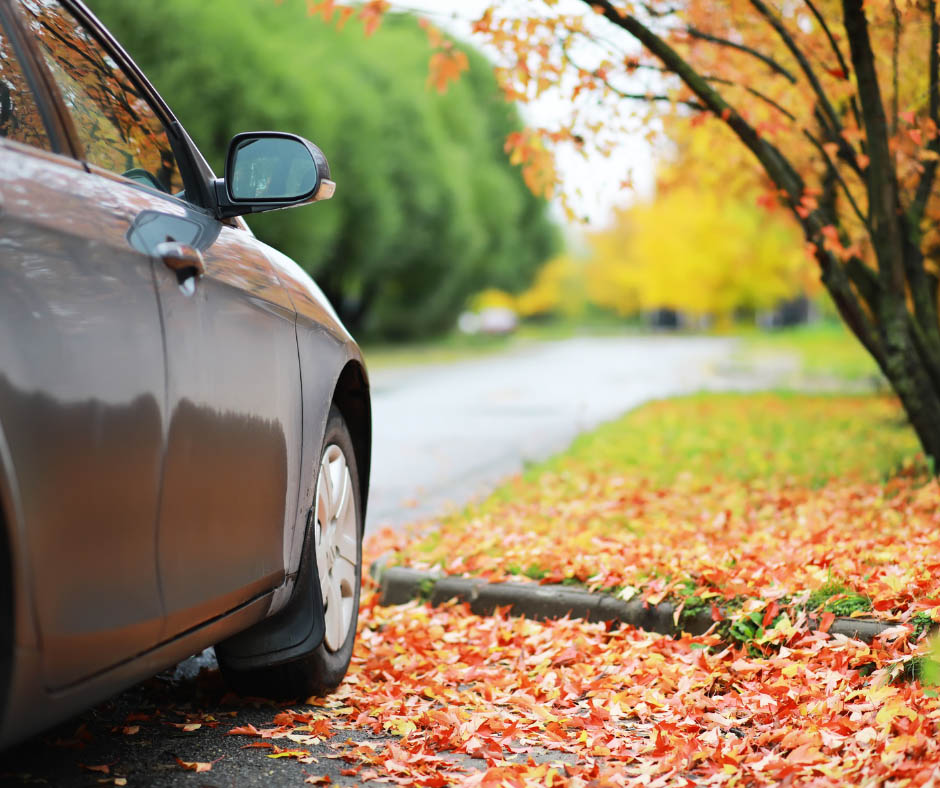
Safe Driving Tips for Fall: Handling Shorter Days & Slick Roads
As summer fades and autumn takes over, drivers face new challenges:
earlier sunsets, wet roads, leaf-covered surfaces, and rapidly shifting
weather.
Read
more

Small Business Owners: Holiday Safety Tips for Staff and Customers
The holiday season brings a surge of customers, and a fresh set of safety
challenges, for small business owners.
Read
more






